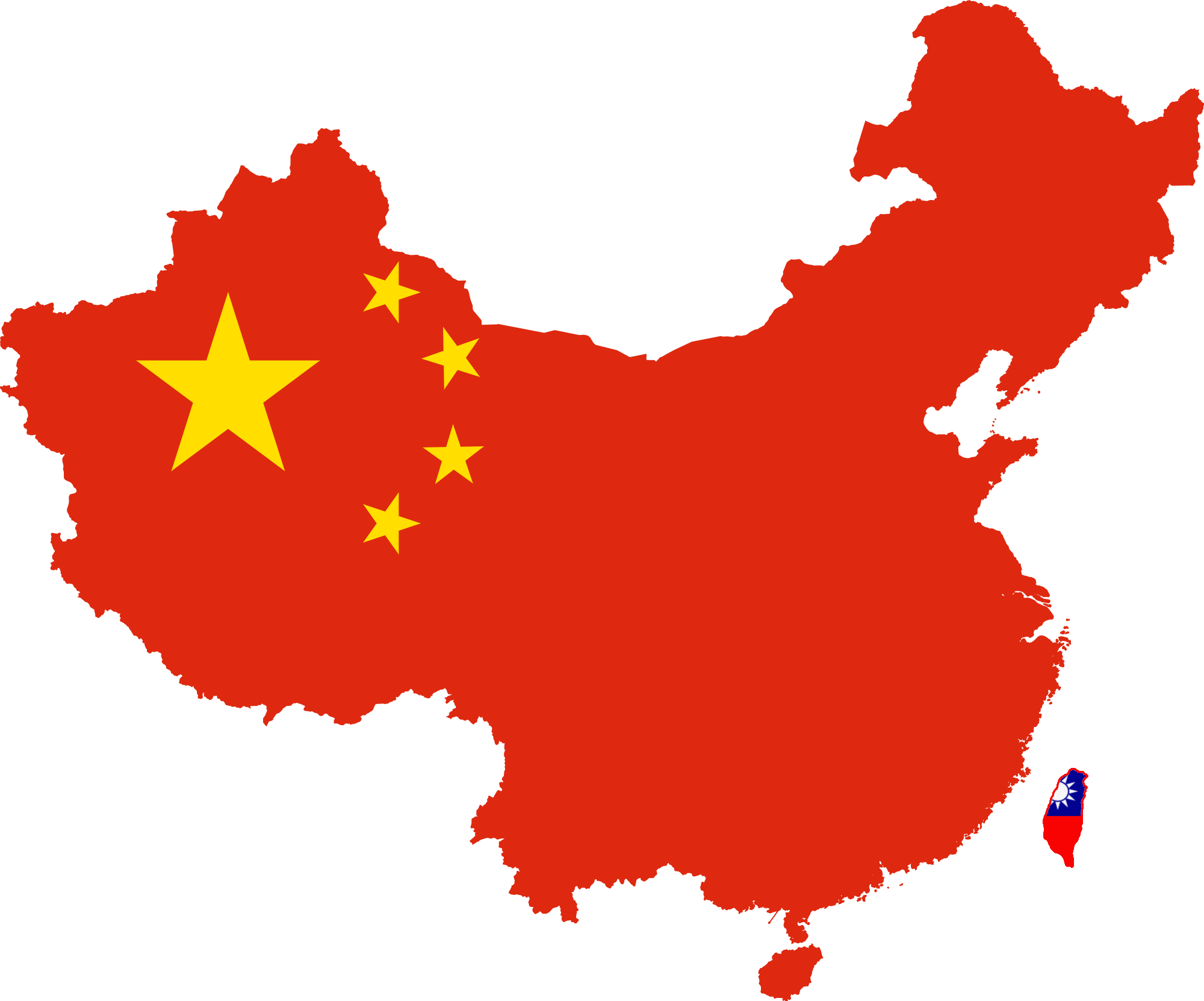 While it’s unclear what lessons Chinese military planners are learning from Russia’s invasion of Ukraine, they learned to “go big and go early” from America’s quick victory in the first Gulf War, a panel of defense analysts agreed Thursday.
While it’s unclear what lessons Chinese military planners are learning from Russia’s invasion of Ukraine, they learned to “go big and go early” from America’s quick victory in the first Gulf War, a panel of defense analysts agreed Thursday.
It’s a strategy the Chinese could use against Taiwan.
Bryan Clark, a senior fellow at the Hudson Institute, said if the Chinese don’t win early on they’ll see their cross-strait invasion become “very messy, very quickly.” He added it would “become a slog,” as the Russian drive on Kyiv became. Later, Clark added he didn’t expect China to have the same “nuts and bolts failures” that the Russians have experienced in logistics and command in Ukraine.
Matthew Costlow, a senior analyst at the National Institute for Public Policy, said a key to the defense of Taiwan and deterring Chinese aggression in the Indo-Pacific is denying Beijing’s “hopes of … an easy asymmetric victory.” Critical to doing that is Guam, a U.S. territory, and America’s allies and partners.
China has seen how European allies and partners have rallied to Ukraine’s support in sending military and humanitarian aid and “the international backlash” imposed on the Kremlin following the invasion. The backlash included harsher and more targeted sanctions against Russian financial and political elites since Moscow launched the unprovoked attack.
“Guam reduces the tyranny of distance” as a logistics and operational hub for the United States in the vast Indo-Pacific. It raises “the prospects of a long-drawn out conflict” for China if Beijing opts for military action in the region.
Patty-Jane Geller, a fellow at the Heritage Foundation, said “It’s certainly worth the investment” to beef up Guam’s defenses and to address the island’s missile defense requirements against long-range attack. “China is already building more missiles” to get its way in the Indo-Pacific, regardless of whether the U.S. builds up defenses on Guam or even if Washington pulls back from the U.S. territory to a further removed operational and logistics hub.
Guam hosts a major naval support facility and Anderson Air Force Base, which is capable of handling U.S. long-range bombers.
The defense of Guam is actually “related to homeland missile defense,” Costlow said. Clark said an attack on the island should be taken in the same way as an attack on Hawaii or the West Coast would be in Washington and Beijing needs to understand that, particularly if it is threatening the use of nuclear weapons.
This was a message Adm. Phil Davidson stressed during his tenure as the top commander in the Indo-Pacific and has continued advocating since he retired. Adm. John Aquilino, the current commander of U.S. Indo-Pacific Command, has also emphasized that a missile defense system for Guam is his top unfunded priority.
“We have our citizens to defend” on Guam, Geller said, adding the U.S. public in North America must understand that. This emphasis on “our citizens” sends a clear signal to allies that the region is important to the United States.
There are limits to the missile defense of Guam, Hawaii and North America, the panel agreed.
Costlow added he totally rejects the idea that “if there is one leaker the missile defense has failed.”
Clark and the others said the reality of cruise, hypersonic or ballistic missile attacks or missiles launched from bombers point out the need to disperse operations on the island and also distributing forces. Other facilities across the region – like Kadena Air Base in Okinawa, Japan, the Northern Mariana Islands and northern Australia – in a long campaign with China and the defense of Taiwan take on new importance. He added part of a campaign is to show potential adversaries and allies what options are available to defend national interests – hypersonic missiles, directed energy, forward presence and training with forces in places like Taiwan.
There is “a range of active and passive defenses we can take,” Costlow said. “You can make Guam more resilient” and have other bases for operations when the island is down.





